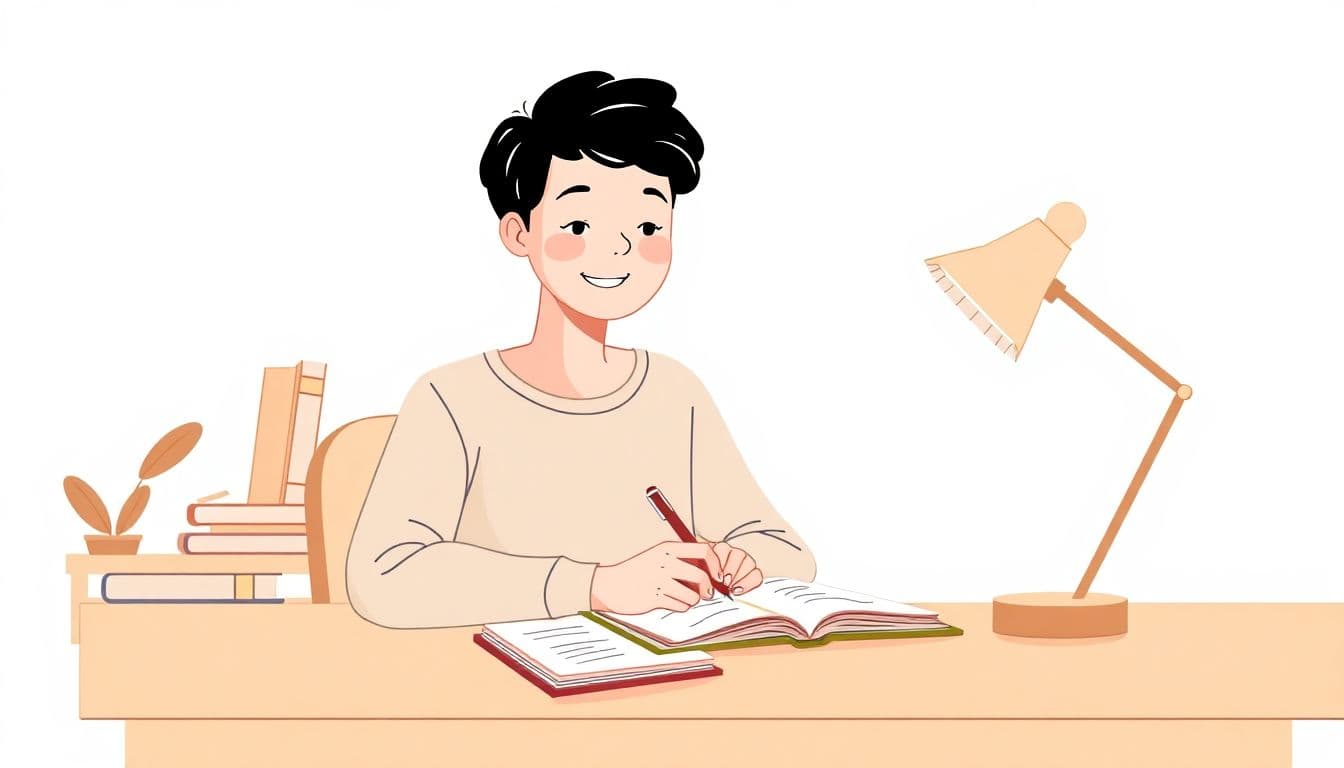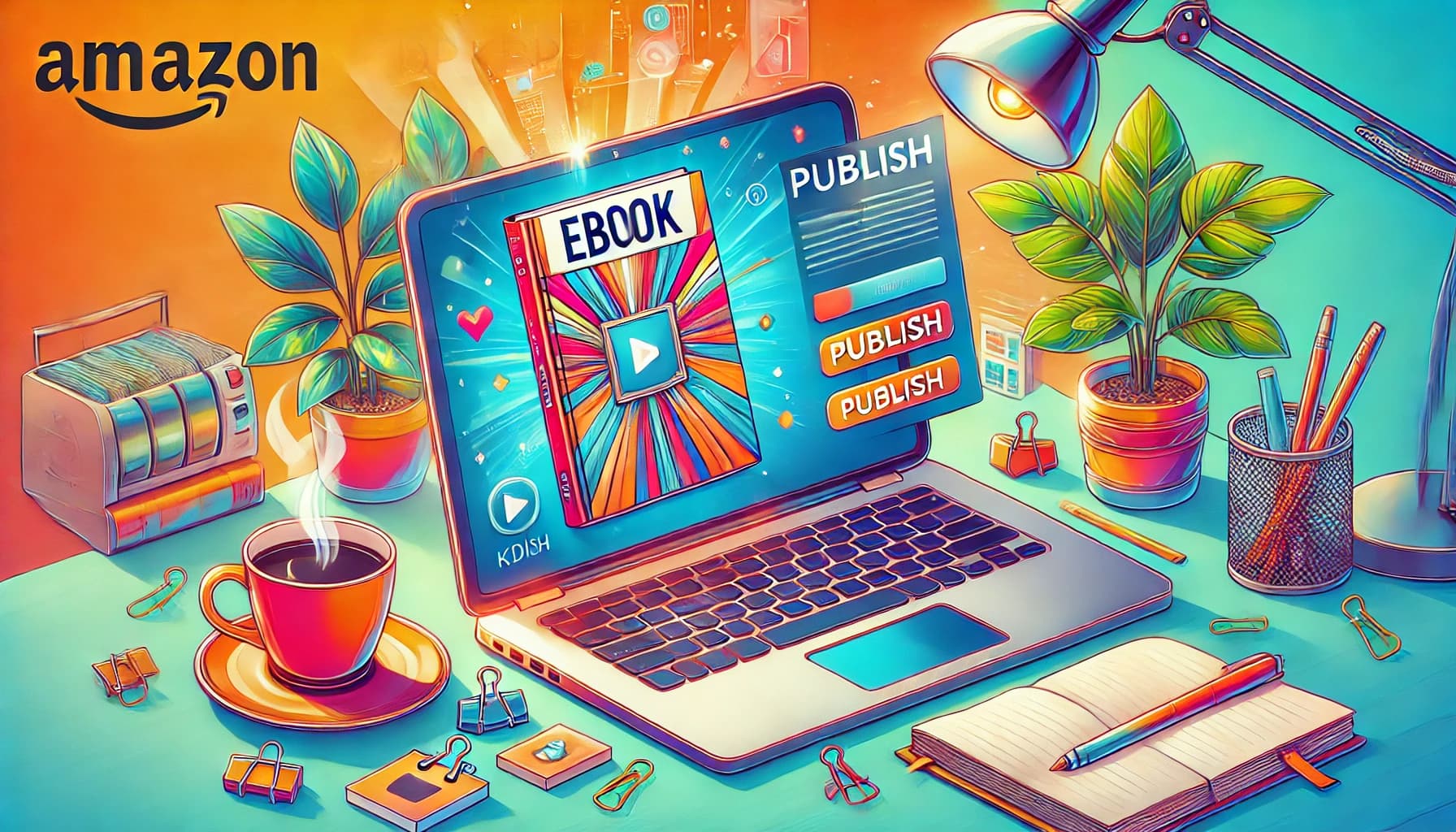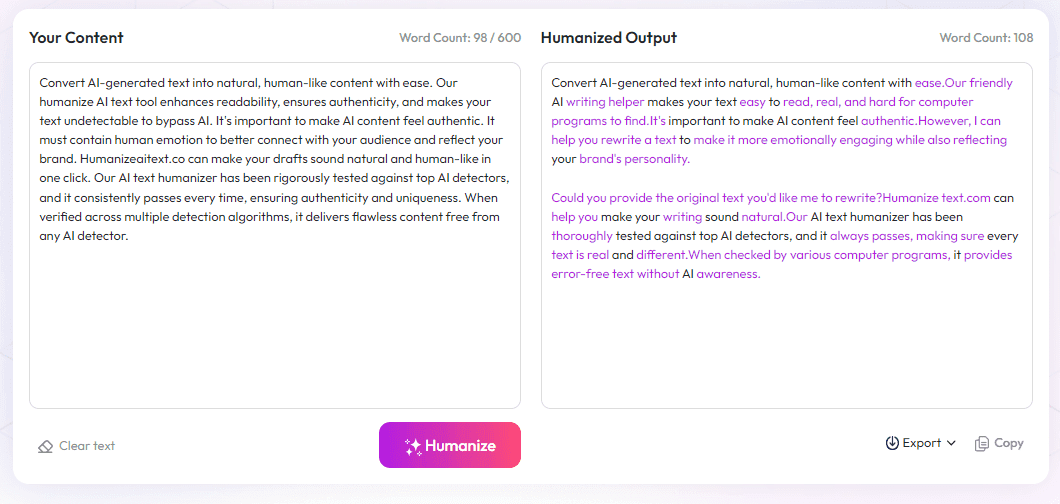Table of Contents
I know many authors feel lost when it comes to funding their self-published books. No worries — there are grants out there in the USA that can help cover your costs. Keep reading, and I’ll share the top grants for 2025, tips on how to qualify, and ways to get your application in smoothly. Soon, you'll see that getting financial support isn’t as hard as you might think.
Key Takeaways
Key Takeaways
- Self-publishing grants in the USA can help cover costs like editing, design, and marketing, making independent publishing easier and more affordable.
- Most grants range from $2,500 to $5,000 and target specific groups or genres. Research eligibility criteria and deadlines carefully.
- Find grants through writing organizations, foundations, and social media. Preparing solid proposals, writing samples, and budgets improves chances.
- Apply for multiple grants, tailor each application, and build relationships with funders to boost success rates.
- If grants aren’t available, consider crowdfunding, partnerships, residencies, or self-funding to cover expenses.
- Grants support various stages of publishing, from manuscript development to marketing and book launches.
- Success stories show grants can turn ideas into published books, but persistence and good preparation are key.
- Avoid common mistakes like incomplete applications, vague proposals, or missing deadlines to increase funding chances.

In the USA, self-publishing grants are a real boost for authors looking to bring their books to life without hefty upfront costs. These grants can cover expenses like editing, cover design, formatting, and even marketing, making it easier to publish independently. For example, some grants, such as those from the Robert B. Silvers Foundation, focus on supporting underrepresented writers, including people of color and Indigenous authors.
The most sought-after self-publishing grants in 2025 typically provide awards ranging from a few thousand dollars up to $5,000, depending on the organization. Since over 2.6 million titles with ISBNs were released in the U.S. in 2023—a 7.2% increase from the previous year—funding opportunities are more competitive than ever. Grants like the SCBWI Independently Published Pre-publication Grant often award around $2,500, ideal for covering key expenses such as editing and cover design.
How to Find Self-Publishing Grants in the USA
The first step is knowing where to look. Major literary foundations, writing associations, and community organizations often offer grants tailored for indie authors. Browsing their official websites regularly can help you spot upcoming deadlines and eligibility criteria. Social media groups for writers are also treasure troves of timely grant announcements and personal success stories.
Checking Eligibility Requirements for Grants
Each grant has its own rules. Many require that applicants be U.S. residents or citizens, and some focus on specific genres or underrepresented voices. For example, the Society of Children's Book Writers and Illustrators (SCBWI) offers grants to writers working in children's literature, provided they meet membership and project criteria. Make sure to carefully review the eligibility details before investing time into your application.
Applying for these grants usually involves submitting a project proposal, a writing sample, and a budget plan. It's smart to prepare these materials well in advance. Some grants prefer online applications, while others might require mailed packets. Keep a checklist to ensure you meet all submission requirements and deadlines.

7. Tips for Writing Winning Grant Applications
Getting a grant is partly about following the rules, but there's also an art to making your application stand out.
Start by clearly outlining your project goals and demonstrating how the grant will make a difference for your book.
Keep your proposal concise while packing in relevant details, like your writing background and why your story matters.
Use specific examples to show your previous work or any community impact your project might have.
Attach strong writing samples and a realistic budget that reflects what you truly need—no fluff or inflated numbers.
Don’t forget to proofread everything carefully; typos or unclear statements can hurt your chances.
8. How to Maximize Your Chances of Securing a Grant
Besides a solid application, there are a few ways to improve your odds.
Build relationships with organizations that offer grants—attend webinars, ask questions, and get familiar with their priorities.
Apply for multiple grants rather than putting all your eggs in one basket.
Tailor each application to match the specific criteria and mission of the funding organization to show that you’re a good fit.
Gather testimonials or letters of recommendation from mentors or previous publishers to strengthen your case.
And don’t get discouraged if you don’t succeed right away—many writers apply multiple times before getting funded.
9. Alternatives to Traditional Grant Funding
If grants aren’t coming through or you’re looking for other options, there are plenty of ways to cover your costs.
Crowdfunding platforms like Kickstarter or Indiegogo can gather support from readers who believe in your work.
Consider finding a literary sponsorship or partnership, especially if your story aligns with a cause or community.
Look into writing residencies and fellowships—they sometimes include funding or grant opportunities along with quiet space to write.
Self-funding might also be an option: setting aside small amounts over time to cover project expenses.
Plus, some local arts councils and community centers offer small grants or microfunding opportunities.
10. How Grants Can Support Specific Stages of Your Publishing Journey
Grants aren’t just for the initial funding—they can be helpful at various points in your process.
Early-stage grants can cover manuscript development, idea validation, or research.
Mid-process funding might be used for editing, cover design, or marketing efforts—those costs add up fast.
And if you’re planning a launch or book tour, some grants focus specifically on marketing and distribution.
Knowing where your project is in its journey can help you target the right grant for each phase, saving money and stress.
11. Success Stories: Writers Who Turned Grants into Book Launches
Nothing inspires like real-world examples. Several indie authors have used grants to publish their books and reach wider audiences.
For example, a poet from California received a diversity grant, which paid for editing and cover design, and went on to get large book reviews.
A children's author in New York secured funding through a local arts council, helping her produce her first picture book.
These stories show that with a little luck and a lot of preparation, grants can be a game-changer for making your publishing dreams come true.
They also serve as proof that applying pays off—just keep trying!
12. Common Mistakes to Avoid When Applying for Self-Publishing Grants
Many writers miss out because they don’t pay attention to detail.
Avoid submitting incomplete applications or ignoring specific instructions—they often disqualify you instantly.
Don’t underestimate the importance of a clear, compelling project proposal; vague ideas don’t get funded.
Be honest about your needs and capabilities—overestimating your budget or exaggerating your experience can backfire.
Lastly, don’t forget deadlines; late submissions rarely get considered, so plan ahead and check calendar reminders.
FAQs
Self-publishing grants are funds awarded to authors to cover costs related to publishing their books. They support independent authors by reducing financial barriers, making it easier to bring a book to market.
Eligibility criteria vary by grant, but typically include factors like genre, author background, project scope, and adherence to specific submission guidelines. Check each grant's requirements carefully before applying.
Preparing a grant application generally involves reviewing eligibility, gathering required documents, writing a project proposal, and submitting all materials by the deadline through the designated application portal.
Grants can typically cover costs such as editing, cover design, formatting, printing, marketing, and distribution, helping to reduce out-of-pocket expenses for authors.



